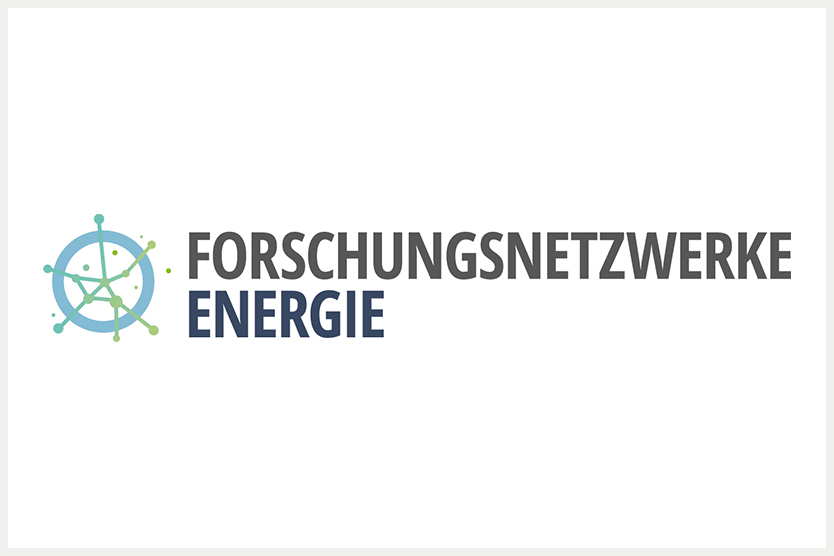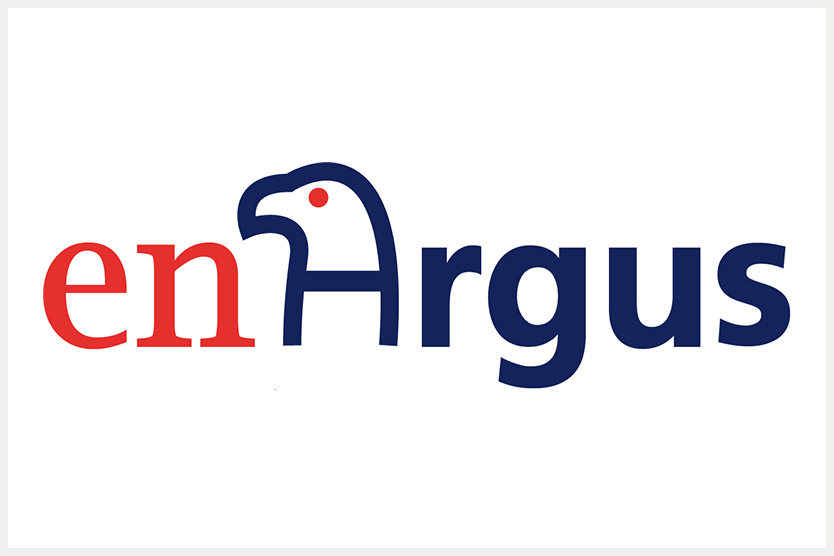The BMWK's 8th Energy Research Programme sets the guidelines for research funding in applied energy research. Achieving the energy and climate policy goals requires a more efficient use of energy on the one hand and the further expansion of renewable energies in the consumer sectors on the other. Energy research makes a decisive contribution to this, as it drives the development of new and more efficient approaches. Research and research funding are thus laying the foundations for the CO2-neutral and resilient energy system of the future. The expertise developed not only drives the energy transition, but also supports the renewal of the location and strengthens the position of German companies in the field of modern energy technologies.
Applied energy research: paving the way for the completion of the energy transition
The economy and society are dependent on a reliable and affordable energy supply. On the one hand, this requires the permanent availability of technically and economically usable forms of energy. On the other hand, with increasingly fluctuating feed-in and digital networking, the technical robustness and resilience of the supply system is a strategically important task with economic, security and socio-political relevance.
In order to fulfil current and future requirements, energy research policy is addressing the relevant parameters. One important goal is the climate neutrality of the energy system. This can only be achieved if the proportion of renewable energy sources in all sectors of the supply system continues to rise rapidly.
An overarching approach is required to optimise the integration of renewable energies into existing systems in a way that conserves resources. Different elements must be ‘thought together’. Key topics here are, for example: Grids and storage, digitalisation and sector coupling. The latter links the areas of electricity, heat, mobility and industry. For example, electricity from renewable energy plants can be used to produce hydrogen via electrolysis. The ‘green’ gas can in turn be used to decarbonise industrial processes. However, it is not only a higher proportion of renewable energies that can reduce CO2 emissions in the long term, but also a reduction in energy requirements. Through further development and optimisation, applied energy research is helping to make infrastructure, buildings, residential areas and industrial production processes more energy-efficient.
For the implementation of these innovative approaches to succeed, all parts of society must participate. This is because the transformation of the energy system has an impact on the entire living and working environment. Whether the population, public institutions, local authorities, energy suppliers or the skilled trades: change is only possible if they all support the energy transition or even play an active role in shaping it. Experts are developing solutions on how the various levels of society can be integrated and their concerns taken into account.
Making innovative technologies available more quickly and cost-effectively
The core objective of the BMWK's research funding is to develop and validate innovative, holistic solutions for the challenges of the energy transition and bring them to market quickly. This is to be supported by a broad funding approach along the entire value chain and by focussing on the transfer of results. Research funding in the energy sector makes important contributions to the modernisation of the German and European economy and to the renewal of the industrial location. The aim is to take up digitalisation in a meaningful way, maintain and expand technological expertise in the energy sector and improve export opportunities for innovative energy technologies. Through a broad technological programme approach, applied energy research contributes to preparing a wide range of solutions for the transformation process in the energy sector for the market in such a way that climate protection targets can be achieved more quickly and efficiently.










